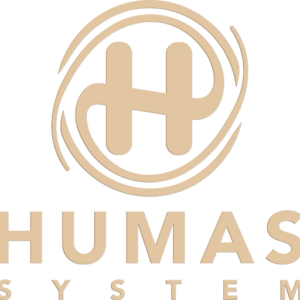Comparative Analysis: China’s Social Credit System, Gemeinwohl-Ökonomie, and HUMAS System
Three systems. One open comparison.
As the world looks for ways to systematize human contribution, we see models ranging from strict state-controlled mechanisms to ethical and voluntary frameworks. HUMAS System does not isolate itself — it engages in a transparent comparison. Because only through honest analysis can we understand what we are building, for whom, and why.
In this analysis, we explore three approaches:
- China’s Social Credit System — the most widely known and debated model;
- Gemeinwohl-Ökonomie — a European humanitarian alternative;
- HUMAS System — a new philosophy that moves beyond ratings and behavior-based evaluation.
This article is not about conflict. It is about clarity — highlighting key differences, affirming the foundation of HUMAS System, and inviting dialogue.
While some systems assess behavior and others measure social impact, HUMAS System is built on what never disappears: human energy, and the contribution it makes to life, society, and the future.
| Criteria | China’s SCS | Gemeinwohl-Ökonomie | HUMAS System |
|---|---|---|---|
| Purpose | Behavioral control | Ethical contribution | Recognition of energy as value |
| Participation | Mandatory | Voluntary | Voluntary |
| Subject of evaluation | Individuals and companies | Organizations | Individual human contribution |
| Data collection | Surveillance, government data | Self-reporting | Voluntary input only |
| Sanctions | Yes | No | No |
| Rewards | Bonuses, privileges | Image and tax benefits | HUNIT, HUMAScoin, access |
| Algorithms | Closed and opaque | Open matrices | Fully transparent |
| Structure | Centralized (state-run) | Decentralized (local/NGO-driven) | Decentralized global ecosystem |
| Update frequency | Real-time monitoring | Every 1–2 years | Continuous |
| Measurement unit | Rating (non-unified) | Matrix of values | HUNIT (1 kWh) |
| Focus on the individual | No | No | Yes |
| Geographic scope | China | Europe | Global |
| Philosophical base | Discipline and compliance | Ethical progress | Energy, nature, and legacy |
The world is searching for frameworks to support and acknowledge human participation. Some rely on control. Others on ethics. Few trust the individual.
HUMAS System moves beyond those boundaries. It does not measure behavior. It does not impose moral judgment. It does not regulate from the outside. It simply records contribution — measurable in one universal form: energy.
Where one system enforces, and another evaluates, HUMAS System transforms effort into lasting value. Into an asset. Into something that can shape economies, societies, and futures.

